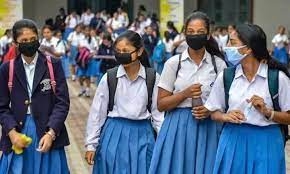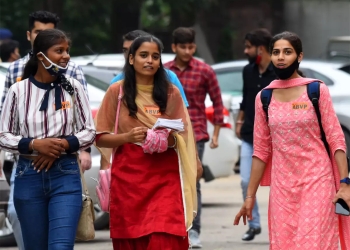The research, published in the journal BMC Public Health, shows that total closure in favor of remote learning, however, offers little additional advantage over the hybrid option. Hybrid learning utilizing alternating school days for children offers a significant reduction in the community spread of COVID-19, according to a study conducted in the US.
“Early in the pandemic when school closures were becoming the norm, many debated the pros and cons of this measure,” said Pinar Keskinocak, a professor at the Georgia Institute of Technology, US, and the principal investigator of the study. “Do we get enough benefit to offset the social costs and impacts on education? This research shows that there is a benefit in infection reduction, especially in the absence of effective pharmaceutical interventions, and most of the benefits can be attained with a hybrid approach,” Ms. Keskinocak said in a statement.
Covid isolation time halved by US health agency
The benefit of complete closure over a hybrid approach, however, was minimal. The assumption in all cases was that individuals who contracted the virus would remain at home, the researchers said. “The additional benefit of complete school closure compared to hybrid was relatively small, Kestinocak said.
The implementation of an alternating day model can be challenging but could have public health benefits early in the pandemic or during a new wave, providing social and learning benefits as well,” the scientist said. Reopening schools following a regular reopening strategy would lead to higher deaths, hospitalizations, and infections, the researchers said.
























